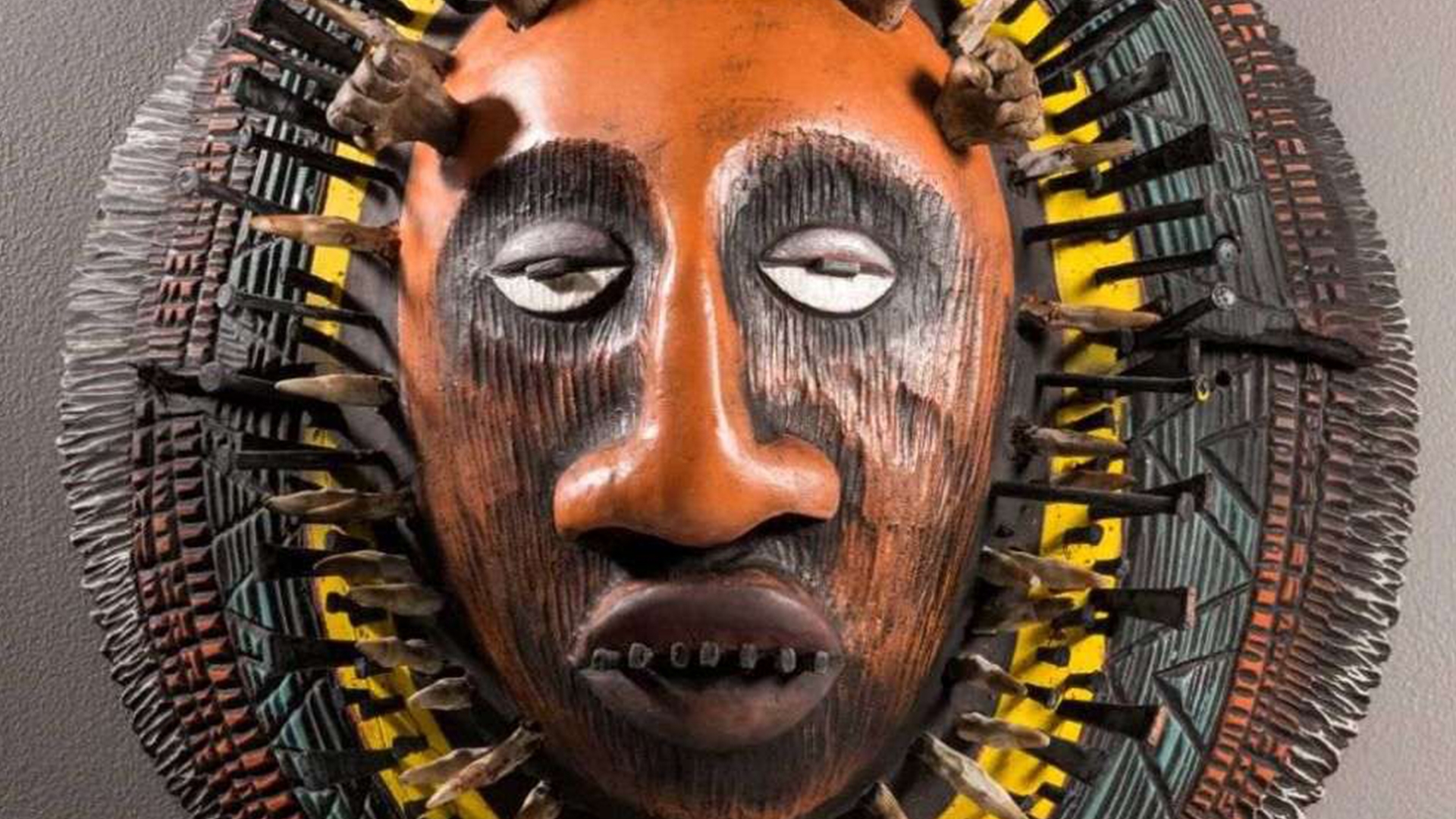The Everson Museum Sold a $13 Million Jackson Pollock to Diversity Its Collection. Here’s What It Has Bought So Far
This article was originally published on January 8, 2021 in artnet news. Read the full article HERE.
The Everson Museum of Art in Syracuse, New York, which last year controversially sold off a prized Jackson Pollock drip painting to shore up funds to diversify its holdings, has announced the first new slate of artworks to enter its collection.
Among the works are objects by the ceramicist Sharif Bey, the multimedia artist Ellen Blalock, and the painters Dawn Williams Boyd and Ellen Lesperance.
“The Everson’s collection has been steadily evolving in recent years, and this new group of purchases—the first of many more to come—signals an institutional commitment to building a collection that not only reflects the rich diversity of our community, but embodies the potential for exploring new and multiple narratives within the trajectory of art past, present, and future,” Elizabeth Dunbar, the museum’s director, said in a statement.
“These works, in particular, speak directly to some of the most pressing issues of our time, including the perpetuation of racist ideologies and violence against people of color, the global impact of climate change, and systemic inequities related to race and gender, among others,” she added.
The decision to sell Pollock’s Red Composition (1946)—one of his earliest drip works, and a painting that had been part of the museum’s collection for almost three decades—was not without critics.
In a scathing article, the art critic Christopher Knight described the sale as “inexcusable,” arguing that the museum was “betraying its legacy” by “privatizing” a remarkable and historic painting. The work was donated to the museum in 1991 by Dorothy and Marshall Reisman; it was previously owned by Peggy Guggenheim.
But museum officials defended the decision. In an op-ed published last year by the Art Newspaper, Jessica Arb Danial, the president of the museum’s board of trustees, said the sale would “enable the Everson to significantly intensify our strategic efforts, particularly during this critical time in our nation’s history.”
She added that those bent on “shaming” the museum were “echoing decades of status quo art history textbook and gallery etiquette, rather than the realities we are living today.”
The Pollock painting sold at Christie’s New York in October for $13 million, against an estimate of $12 to $18 million.








